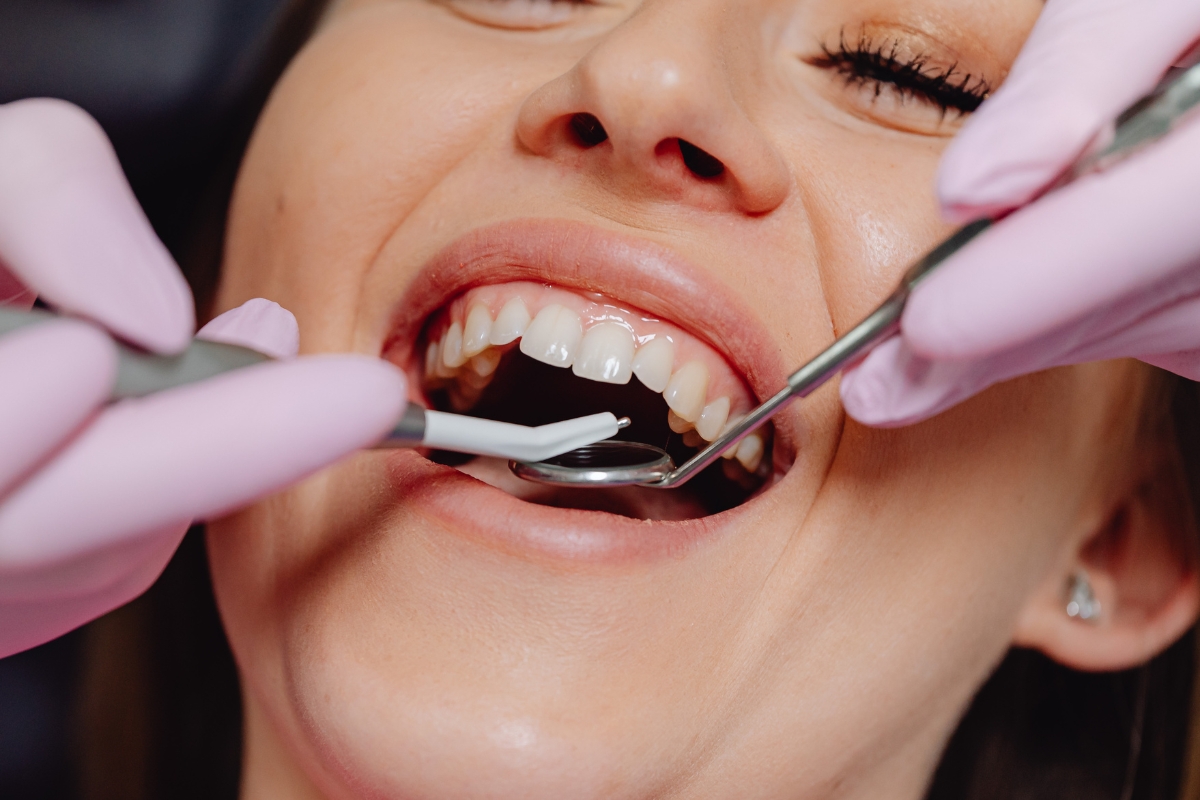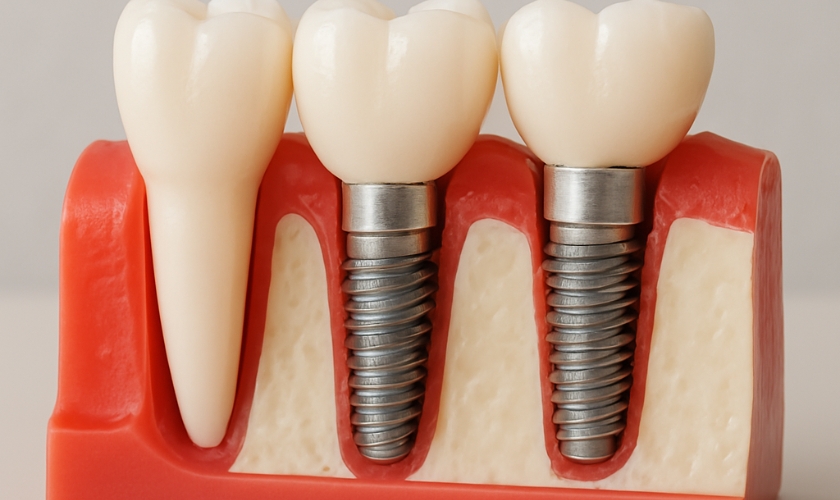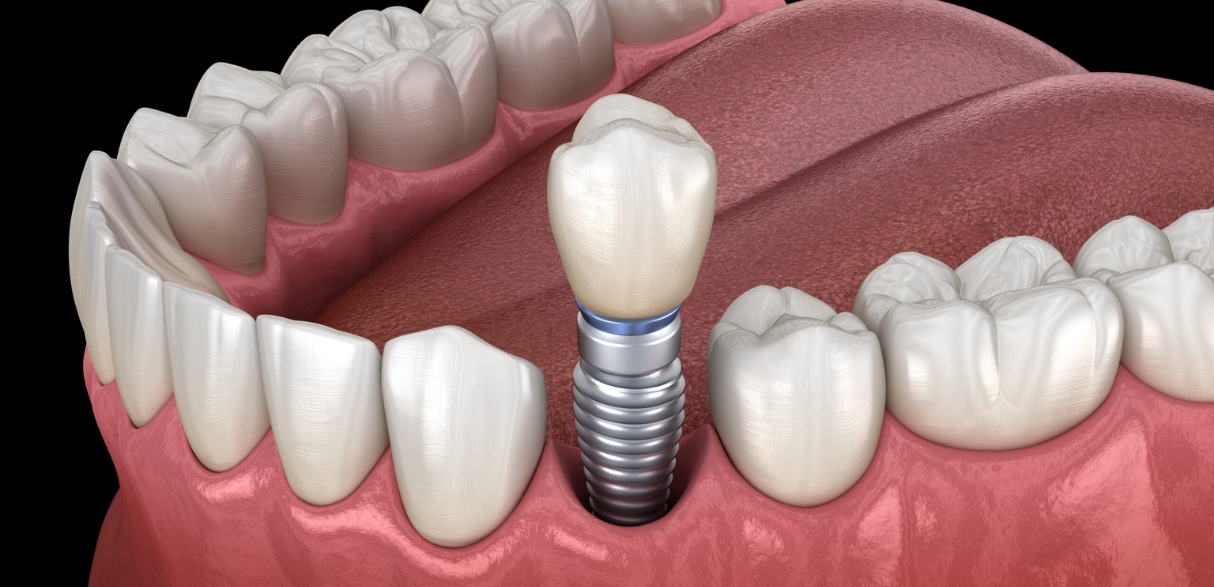Dental Implants and Diet: Foods to Enjoy and Avoid Chatsworth, CA
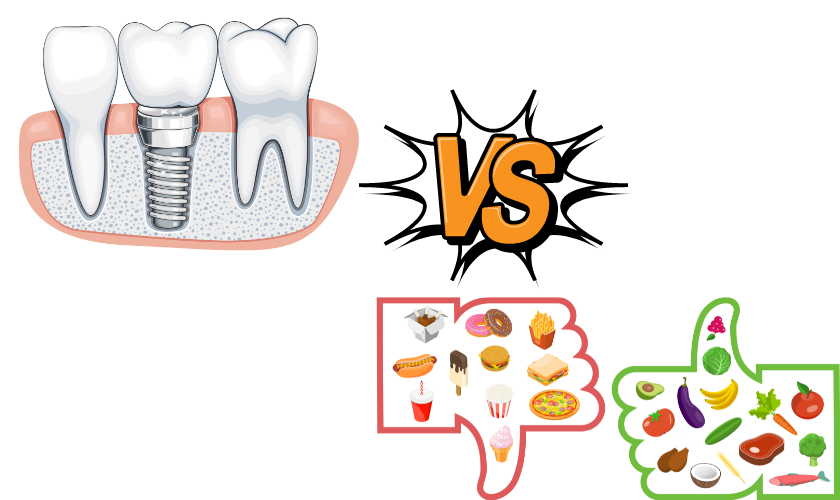
Getting dental implants is a transformative step toward restoring not just your smile, but your confidence and overall oral health. As you embark on this journey, it’s essential to understand that your diet plays a pivotal role in the healing process. Choosing the right foods can accelerate recovery, while the wrong choices can lead to complications and discomfort. By knowing what to eat and what to avoid, you can ensure your new implants integrate successfully and provide lasting benefits. Curious about the best dietary practices to support your dental implants? Read on to discover the foods you should enjoy and those to avoid to maintain a healthy, radiant smile.
Understanding the Importance of Diet After Dental Implants
Dental implants require a recovery period during which the jawbone integrates with the new titanium roots. This process, known as osseointegration, is essential for the stability and longevity of the implants. Proper nutrition supports healing and reduces the risk of infection, while poor dietary choices can hinder recovery and cause discomfort. Therefore, understanding the role of diet in this critical phase is paramount.
Foods to Enjoy After Getting Dental Implants

Soft Fruits and Vegetables
Soft fruits and vegetables are ideal for the initial days following dental implant surgery. Bananas, avocados, and cooked carrots are not only easy to chew but also packed with essential vitamins and minerals that aid healing. These foods are gentle on your new implants and gums, reducing the risk of irritation or damage.
Protein-Rich Foods
Protein is crucial for tissue repair and regeneration. Soft protein sources like scrambled eggs, tofu, and yogurt can be included in your diet without causing strain on your implants. These foods help in maintaining muscle mass and support the healing of oral tissues.
Smoothies and Soups
Smoothies and soups are excellent choices as they combine hydration with nutrition. Blending fruits, vegetables, and protein powders into smoothies can provide a nutrient-dense meal that’s easy to consume. Soups made with soft vegetables and lean proteins are equally beneficial, offering warmth and comfort during recovery.
Dairy Products
Dairy products such as milk, cheese, and cottage cheese are rich in calcium and vitamin D, which are vital for bone health. These nutrients support the integration of the implant with the jawbone. Choose softer options like ricotta cheese and avoid hard cheeses that require significant chewing.
Hydrating Foods
Staying hydrated is essential for overall health and recovery. Foods with high water content, such as watermelon, cucumbers, and tomatoes, can help keep you hydrated. Adequate hydration also supports the body’s natural healing processes and keeps your mouth moist, reducing discomfort.
Foods to Avoid After Dental Implant Surgery
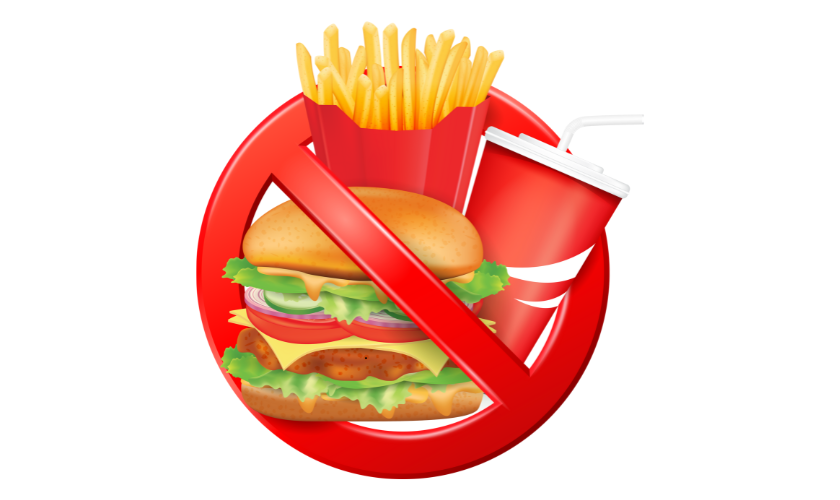
Hard and Crunchy Foods
Hard and crunchy foods pose a significant risk to new dental implants. Nuts, popcorn, and hard candies can exert excessive pressure on the implants, potentially causing them to shift or fail. Avoid these foods to protect your investment and ensure a smooth healing process.
Sticky and Chewy Foods
Sticky foods like caramel, chewing gum, and certain candies can adhere to the implants and surrounding gums, making it difficult to maintain oral hygiene. Chewy foods such as bagels and tough meats can also strain the implants, leading to discomfort and potential complications.
Spicy and Acidic Foods
Spicy and acidic foods can irritate the surgical site and increase inflammation. Foods like hot peppers, citrus fruits, and vinegar-based dressings should be consumed with caution. Opt for milder alternatives to minimize irritation and promote healing.
Sugary Foods and Beverages
Sugary foods and beverages are detrimental to oral health in general, but they are especially harmful during the recovery phase after dental implants. High sugar intake can lead to bacterial growth, increasing the risk of infection around the implant site. Limit consumption of sweets, sodas, and other sugary treats.
Alcohol and Caffeine
Alcohol and caffeine can interfere with the healing process by dehydrating the body and impairing the immune system. Both substances can also interact negatively with medications prescribed post-surgery. It’s advisable to avoid or limit alcohol and caffeine consumption until your dentist gives you the green light.
Tips for a Smooth Recovery
Follow Your Dentist’s Instructions
Your dentist will provide specific guidelines tailored to your unique situation. Adhering to these instructions is crucial for the success of your dental implants. This includes taking prescribed medications, maintaining proper oral hygiene, and attending follow-up appointments.
Gradually Reintroduce Solid Foods
As your mouth heals, you can slowly reintroduce solid foods into your diet. Start with soft, easy-to-chew options and gradually progress to more challenging foods as you gain confidence and comfort. Listen to your body and avoid anything that causes pain or discomfort.
Maintain Good Oral Hygiene
Keeping your mouth clean is essential to prevent infection and ensure the longevity of your dental implants. Use a soft-bristled toothbrush and non-abrasive toothpaste to gently clean your teeth and gums. Rinse with an antimicrobial mouthwash as recommended by your dentist.
Stay Hydrated
Proper hydration supports overall health and aids in the healing process. Drink plenty of water throughout the day to keep your mouth moist and flush out bacteria. Avoid carbonated and sugary drinks that can harm your implants.
Monitor Your Progress
Pay attention to how your mouth feels during the recovery process. If you notice any signs of infection, excessive swelling, or persistent pain, contact your dental team immediately. Early intervention can prevent complications and ensure a smooth recovery.
Long-Term Dietary Considerations
Balanced Diet for Oral Health
Maintaining a balanced diet rich in vitamins and minerals is essential for long-term oral health. Foods high in calcium, vitamin D, and phosphorus support bone health, while vitamins C and E promote gum health. Include a variety of fruits, vegetables, lean proteins, and whole grains in your diet to support your dental implants.
Avoiding Harmful Habits
Certain habits can jeopardize the longevity of your dental implants. Avoid using your teeth to open packages, biting on non-food items, or chewing ice. These actions can damage your implants and natural teeth, leading to costly repairs.
Regular Dental Check-Ups
Routine dental check-ups are vital for monitoring the health of your dental implants. Your dentist Chatsworth will assess the condition of your implants, clean around them, and provide guidance on maintaining their health. Regular visits ensure any potential issues are addressed promptly.
Embracing Your New Smile
Dental implants offer a second chance at a healthy, functional smile. By making mindful dietary choices and following your dentist’s recommendations, you can ensure the success of your implants and enjoy the benefits they bring. Remember, a well-balanced diet not only supports your dental health but also contributes to your overall well-being.
Enhancing Your Oral Health Journey
Your journey with dental implants is an ongoing process that extends beyond the initial healing phase. Embrace the opportunity to enhance your oral health by staying informed, making conscious dietary choices, and maintaining open communication with your dental care team. With proper care and attention, your dental implants will serve you well for many years to come.
As you continue to enjoy the benefits of your new smile, remember the significance of a healthy diet in supporting your implants. By avoiding harmful foods and embracing those that promote healing and stability, you set the foundation for a successful oral health journey.
Final Thoughts on Dental Implants and Diet
Incorporating the right foods into your diet after dental implant surgery is crucial for a smooth recovery and long-term success. By enjoying soft, nutritious options and avoiding hard, sticky, and sugary foods, you can protect your implants and enhance your healing process. Remember to follow your dentist’s advice and maintain good oral hygiene practices.
When considering dental implants, consulting with a professional like a Dentist Chatsworth can provide personalized guidance and support. Their expertise ensures you receive the best care and advice tailored to your specific needs.
For those seeking reliable dental care and information on dental implants, Dental Implant Chatsworth offers comprehensive services to help you achieve a healthy, radiant smile.

